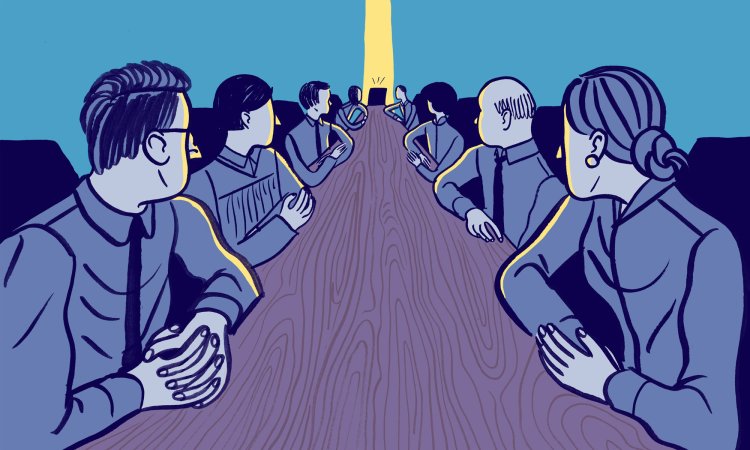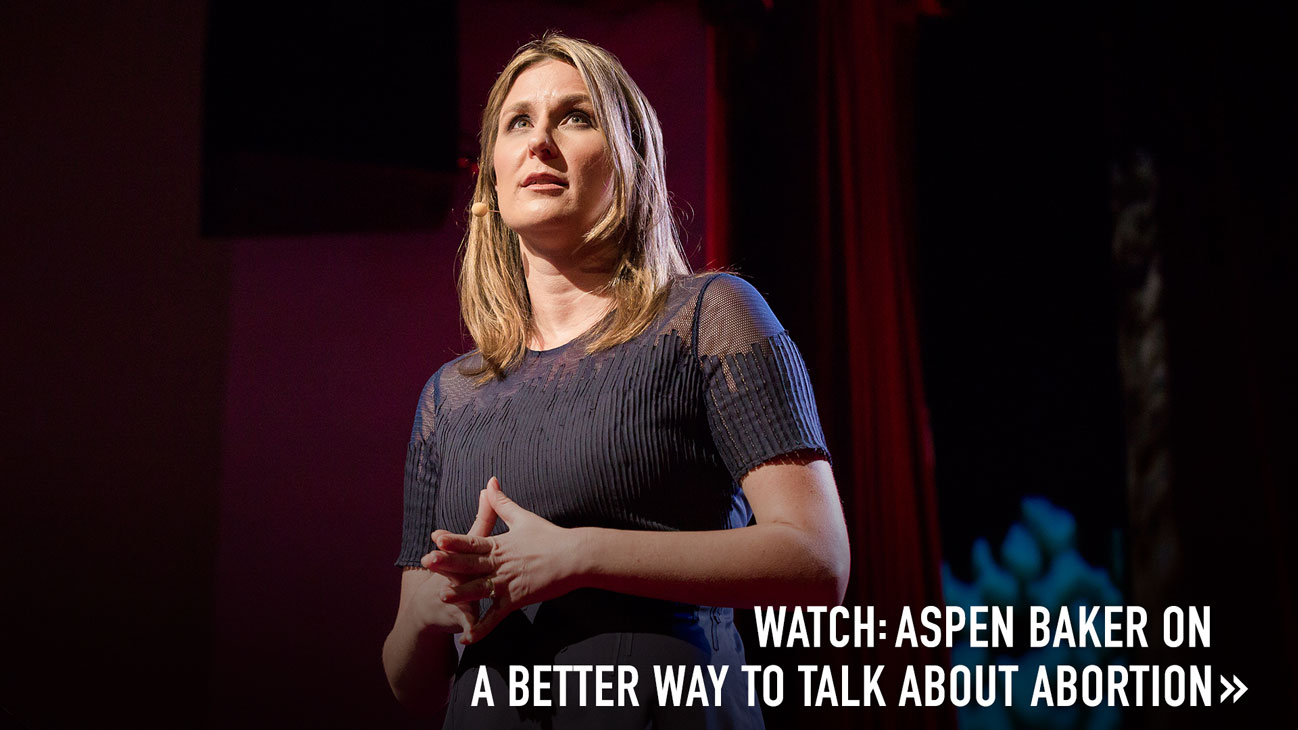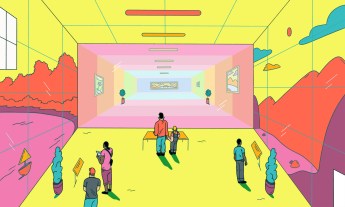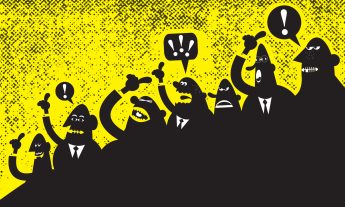
Aspen Baker explains why the key to dealing with sensitive issues like abortion is to allow those with direct experience to feel heard.
Great social movements often have one thing in common: they are created by people with the courage to talk openly about their lives and experiences. Women have sparked movements to end street harassment, generating new public dialogue about safety and respect. Autistic people have formed communities to embrace their identity and push for better understanding of neurodiversity. Formerly incarcerated men talk about their past crimes with the hope of shifting systems away from punishment and towards rehabilitation.
This isn’t what happened with abortion. The movement to liberalize abortion laws in the United States was led by people who cared about helping women get safe abortions, but those who had actually had abortions were rarely at the forefront. In the meantime, polarizing political debates, violence, social stigma and the desire for privacy have pushed women who have abortions even further to the margins.
It’s time to change course and insist that all sides do more listening to the women who have had abortions — and their loved ones. Their experiences must take center stage in these public conversations — and that’s going to require us all to learn how to listen without judgment.
When I started talking about my abortion 15 years ago, I was told that my voice didn’t matter.
One major barrier to listening to someone telling a stigmatized story, like abortion, is that often the person with a real, first-hand personal experience is seen as someone who needs to be fixed or saved — even by their own advocates. As for being smart, capable, wise or a leader to be followed? Forget about it. “She’s had an abortion so she must need my protection,” the thinking goes. “She’s so oppressed, she doesn’t need the burden of leading, too.”
When I started talking about my abortion 15 years ago, I was told that my voice didn’t matter. I was a 24-year old bartender from Southern California who grew up pro-life, and I had a lot of mixed emotions about my situation. Politically, abortion was portrayed as a simple black and white issue, where women could feel either relief or regret, a dialogue characterized by an “are you with us or against us?” battlefield stance. My story didn’t fit neatly into one side or the other, so people tried to ignore it and ignore me.
We need to see the people who have lived through a particular experience as the expert on their issue.
I’m not alone, and abortion isn’t the only issue where this type of sidelining happens. A friend of mine, Susan, runs a program that supports battered women and their families. Yet when she revealed to her colleagues that she was in an abusive relationship, she was advised that she should leave the field. According to them, her own experience with domestic violence prevented her from helping others.
Then there’s my friend Sabrina, an award-winning leader in technology and media. When she accepted a top position at an organization to help recruit more people of color, she did so because as a black woman she knows the kind of barriers that often keep people like her out of influential positions. Except, once she started dismantling those barriers, the white men who had put them in place there told her she was doing it the wrong way and publicly derided her efforts.
These responses are upside down and back-to-front. We need to see the people who have lived through a particular experience as the expert on their issue. No one is smarter about domestic violence than someone who’s experienced it, just as no one is smarter about inclusiveness than a black woman who’s worked her way to the top. No one is smarter about the experience of abortion than someone who has actually had one.
We need to think about how to give power to those who have faced stigma to take leadership on those same issues; to think about how to help them help others in situations that have affected them so significantly. Otherwise, the people who talk the most and make the decisions will too often be people without first-hand experience of the topic. Like Bill Clinton (who changed his stance on abortion once he entered the White House), Mitt Romney (who changed his mind — the other way — when he ran for President) or even Donald Trump, who has also flipped from being pro-choice to pro-life.
In private, women say more — a lot more — about their abortions than they do in public.
Maybe this is just wishful thinking, but I can’t help but imagine how different the abortion conversation would be if the women who had had abortions were leading the charge for change. Would groups of women talking about what they went through really draw a battle line between those who felt relief and those who felt regret? Would they avoid talking about the fetus and what happens to it after an abortion? Of course not. In private, women say more — a lot more — about their abortions than they do in public. Without the unique wisdom and insight of people who really know what it’s like, everyone suffers from a lack of understanding and awareness. Other women who may have their own abortions one day, friends and family are left not knowing what to say or how best to provide support to a loved one having an abortion. And without women’s voices and leadership, politicians are left with no alternative but to operate in a vacuum without the knowledge that comes from real life experiences.
This gap, the gap between what gets said in private and what gets debated in politics, provides a unique opportunity for deep, transformational change. It’s also a problem that we can help to solve. Instead of speaking on behalf of a woman hidden by stigma or conflict, take a stand by bearing witness; by creating the space where she can finally be heard.
Featured illustration by Hannah K. Lee/TED.












